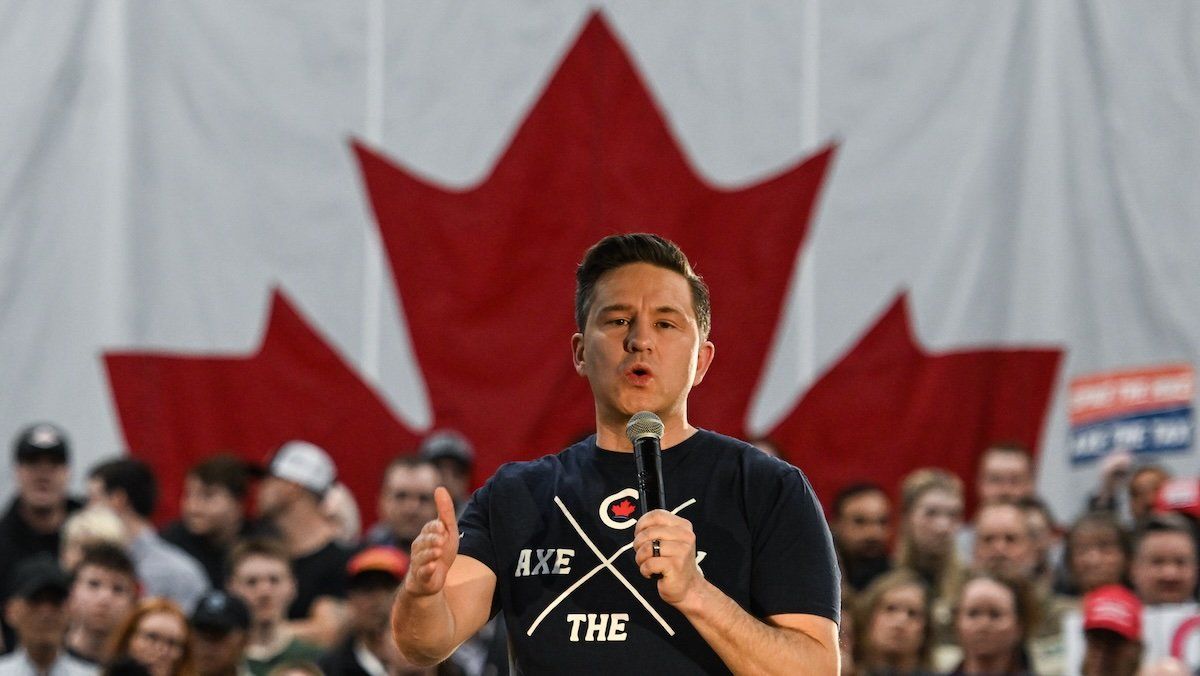Speaking of performative legislative moves, Canadian Conservative Leader Pierre Poilievrewas ejected from the House of Commons on Tuesday for calling Justin Trudeau a “wacko” and refusing to withdraw his remark when asked to do so by Speaker Greg Fergus.
The disruption left commentators shaking their heads at the poor state of decorum while partisans on both sides used the occasion to attack one another. Poilievre used the incident in a fundraising pitch.
He has been under unusually heavy fire from progressives the past few weeks. Just before he was ejected from the House, Trudeau had been pressing him to denounce extremists he visited at an anti-tax protest on April 24. This week, Poilievre told a police union that he would use “whatever tools the Constitution allows” to get tough on crime. The implication: That he would use the “notwithstanding clause” of the Charter of Rights and Freedoms, which allows governments to suspend constitutional protections – a move that would be strongly opposed by civil libertarians.
Centrist and progressive commentators tut-tut about Poilievre’s increasingly incendiary politics, but polling so far shows Canadians like what they see, the result of fatigue with Trudeau and a cost-of-living crunch. Unless the polls show that Canadians think he is going too far, he will likely stick with his take-no-prisoners approach.
On Wednesday, Poilievre’s Conservative buddies called on Speaker Fergus to step down for having ejected their leader.
